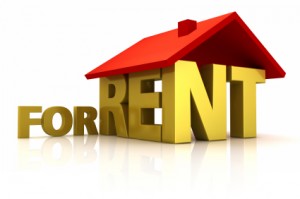What’s “Normal” for Normal Wear and Tear?
 Landlords and tenants wrestle with certain issues more than others. Security deposits, rent due dates, and wear and tear are a few that seem to pop up the most. What a landlord considers damage, a tenant might view as “normal wear and tear.” Conversely, a tenant may think water damage is the landlord’s responsibility, while the rental property owner thinks it falls under the umbrella of tenant obligations.
Landlords and tenants wrestle with certain issues more than others. Security deposits, rent due dates, and wear and tear are a few that seem to pop up the most. What a landlord considers damage, a tenant might view as “normal wear and tear.” Conversely, a tenant may think water damage is the landlord’s responsibility, while the rental property owner thinks it falls under the umbrella of tenant obligations.
Here is a guide to help settle which is which when it comes to wear and tear:
| Normal Wear and Tear: | Tenant Damage: |
| Minor scratch in wood floor | Gouges or pet scratches in wood floor |
| Carpet indentation from furniture | Torn carpeting |
| Worn areas in flooring, such as in doorways | Burns or stains in flooring |
| Dirt on walls and floors | Cigarette or food stains on walls and floors |
| Minor indentations on walls | Holes or gouges that require repair |
| Water stains in bathroom | Water damage from not reporting leaking pipe |
| Surface dust or dirt | Layers of dirt from not cleaning |
| Dusty window blinds | Broken window glass |
| Slow drains due to normal use | Plugged-up drains from misuse |
| Cracks in tile due to age | Broken tiles from heavy objects being dropped |
| Worn parts on appliances | Missing parts on appliances |
Clearly, there are limitations to a landlord’s responsibility, whether a tenant doesn’t take proper care of a rental unit or an accident occurs. For example, a tenant may not be totally at fault for his friend’s dropping a bowling ball on the tile floor, but when it happens to someone else’s property, he who lives there must be held responsible.
And if a tenant can’t be bothered to clean her apartment, the landlord is entitled to have it done for her when she moves out—and deduct the fee from the security deposit.
On the other hand, it’s always up to the property owner to perform routine maintenance, which can go a long way to preventing bigger problems, like clogged pipes, water damage and worn out appliances.

Add A Comment
You must be logged in to post a comment.